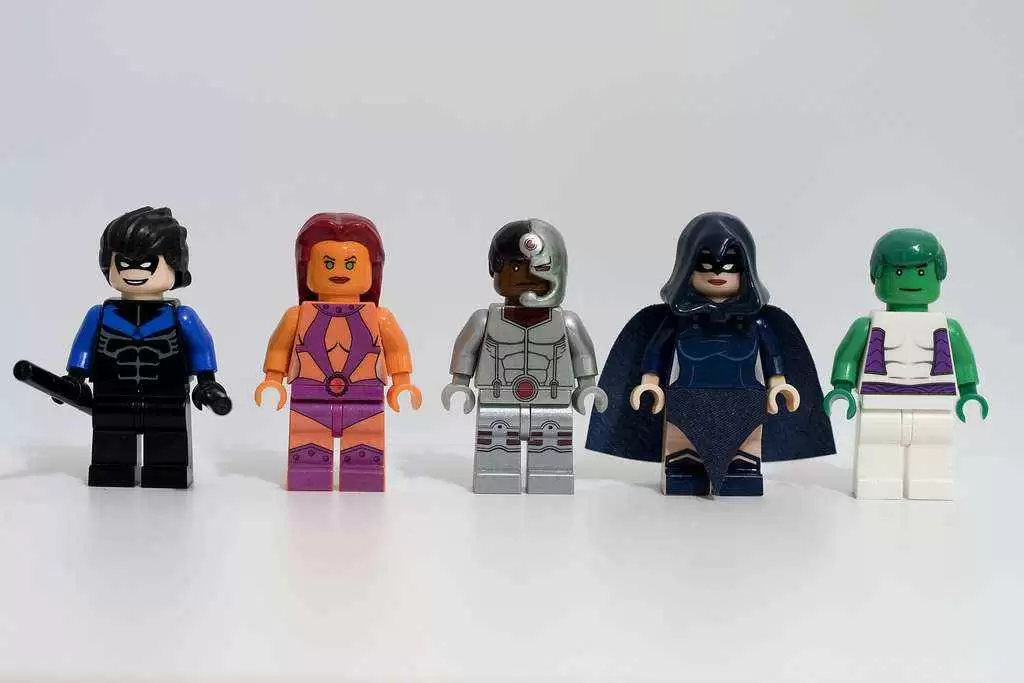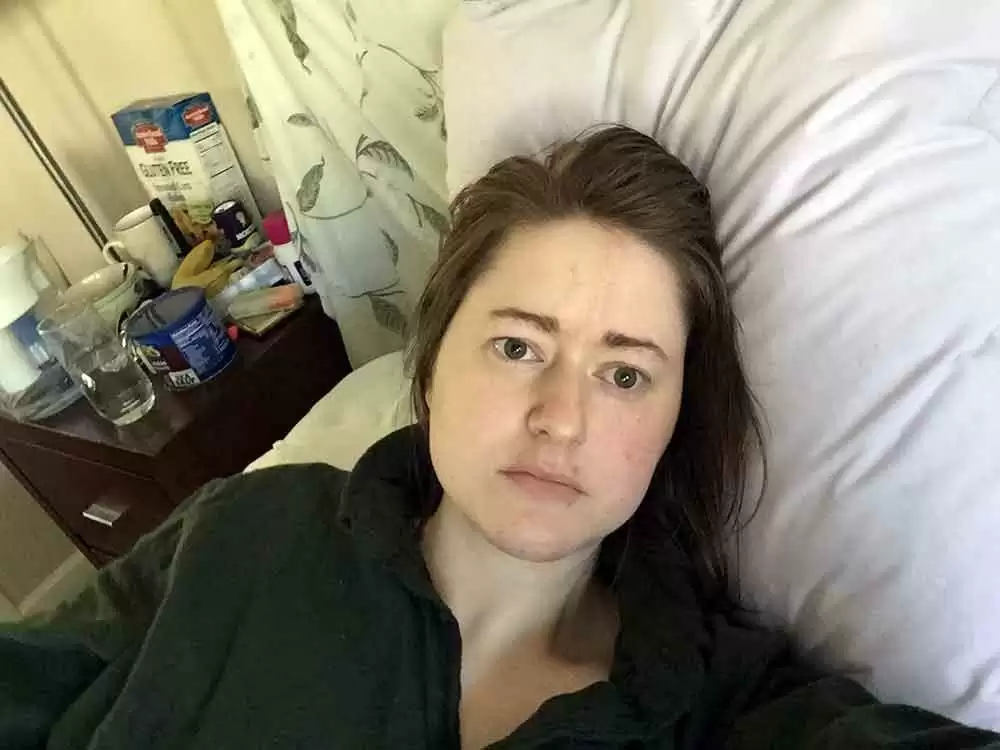
Celiac.com 03/08/2021 - When people with celiac disease eat gluten, it triggers adaptive immune cells, which cause damage to the lining of the small intestine. Doctors gauge the severity of celiac disease through histological assessment of the intestinal damage via intestinal biopsy. To confirm diagnosis and to test drug efficacy in clinical trials, doctors rely on a gluten challenge. However, patients respond with different magnitudes to the same gluten challenge. This is a problem that a group of researchers looked at recently, in a study of 19 well‐treated celiac patients.
The research team included Jorunn Stamnaes; Daniel Stray; Maria Stensland; Vikas K. Sarna; Tuula A. Nyman; Knut E. A. Lundin; and Ludvig M. Sollid. They are variously affiliated with the K.G. Jebsen Coeliac Disease Research Centre, University of Oslo, Oslo, Norway; the Department of Immunology, University of Oslo and Oslo University Hospital‐Rikshospitalet, Oslo, Norway; and the Department of Gastroenterology, Oslo University Hospital‐Ullevål, Oslo, Norway.
In the study patients, proteome analysis of total tissue, or isolated epithelial cell compartment from formalin‐fixed paraffin embedded biopsies, collected before and after 14‐day gluten challenge, shows that patients with strong mucosal response to gluten challenge have signs of ongoing tissue inflammation prior to the gluten challenge.
Celiac.com Sponsor (A12):
This low‐level tissue inflammation at baseline is mirrored by increased gluten specific CD4+ T‐cells in the gut, and a low‐level blood inflammatory profile.
This study shows that even well‐treated celiac disease commonly features ongoing low‐grade inflammation and anti-gluten immunity in the gut mucosa, and that histology assessment alone is not a good measure of full recovery and gut mucosal healing in celiac patients.
The findings raise a concern that even a vigilant gluten‐free diet might not be enough to curb gut inflammation in all celiac disease patients.
Read more at Wiley Online Library










Recommended Comments
Create an account or sign in to comment
You need to be a member in order to leave a comment
Create an account
Sign up for a new account in our community. It's easy!
Register a new accountSign in
Already have an account? Sign in here.
Sign In Now